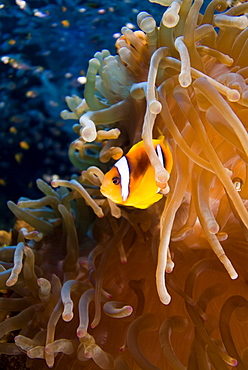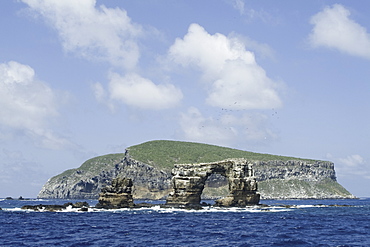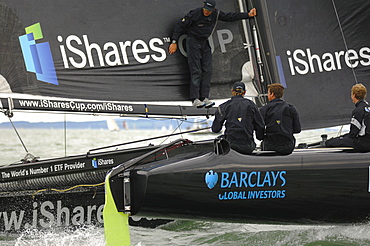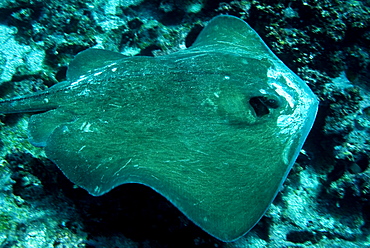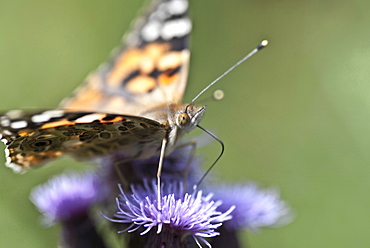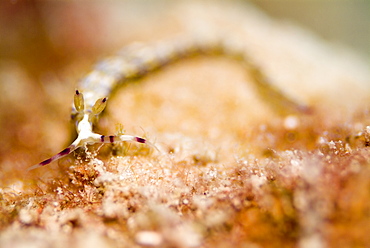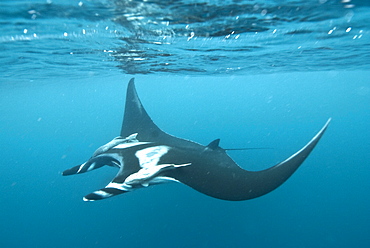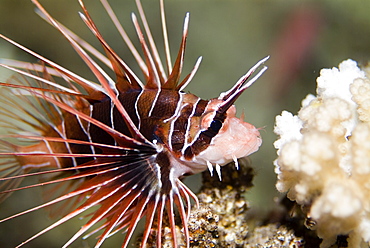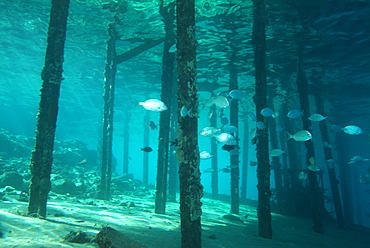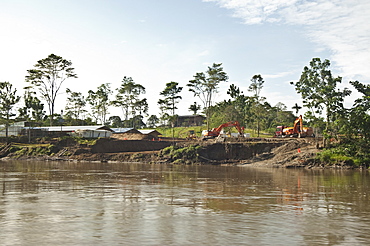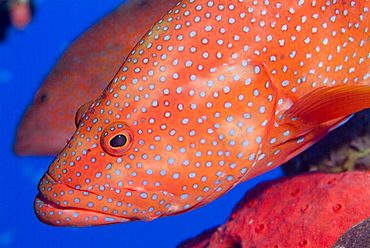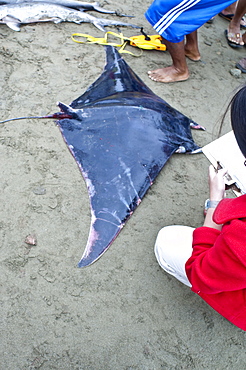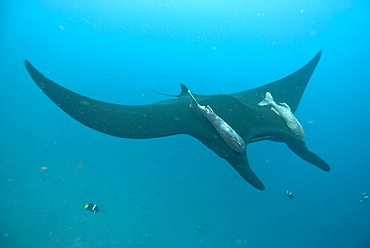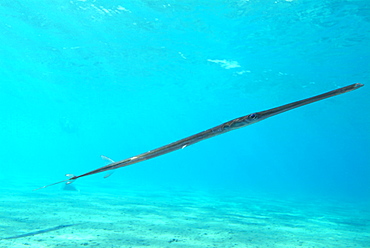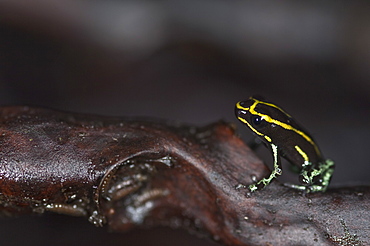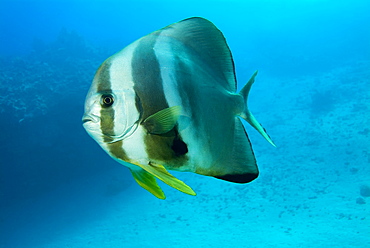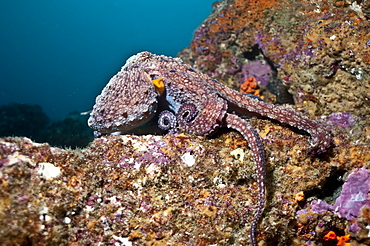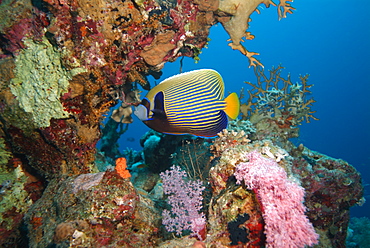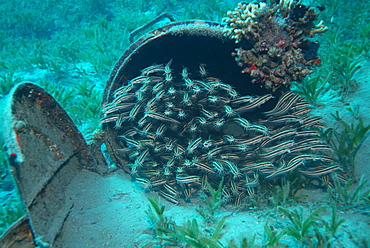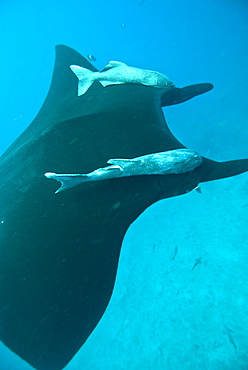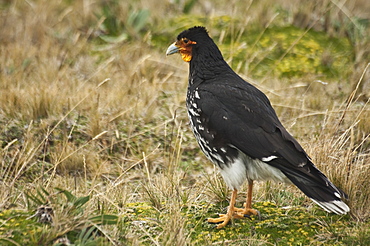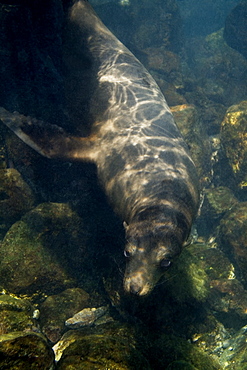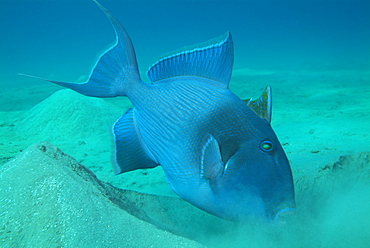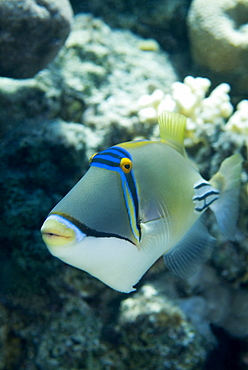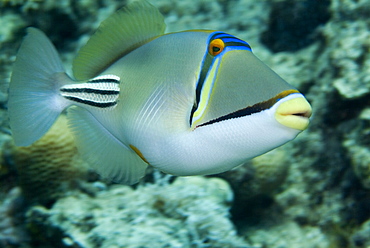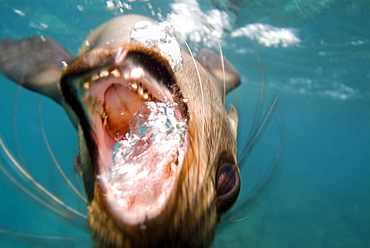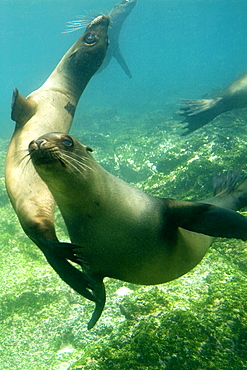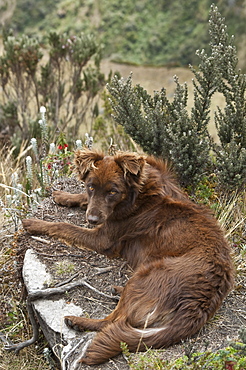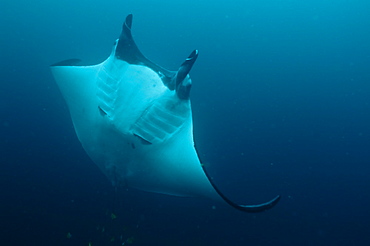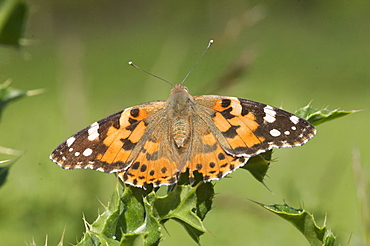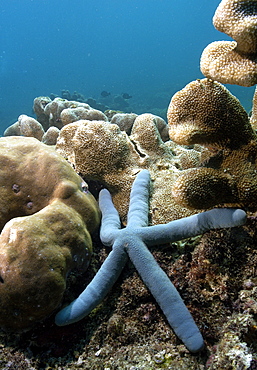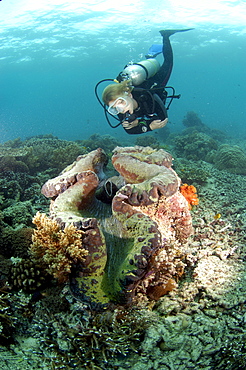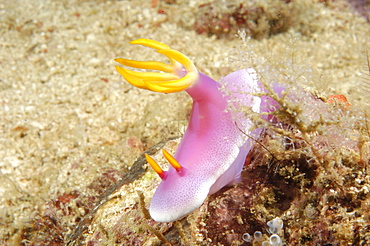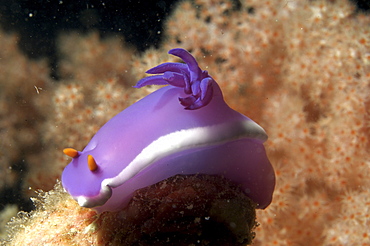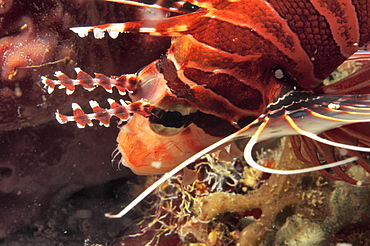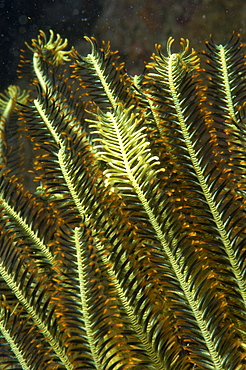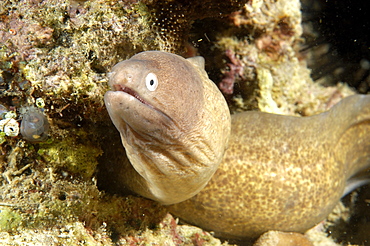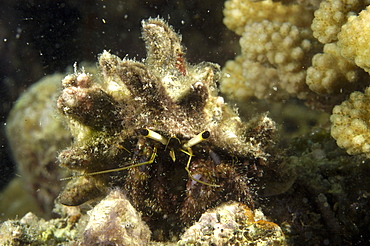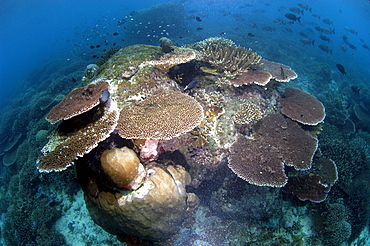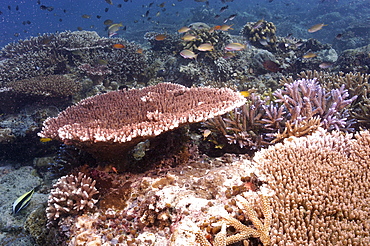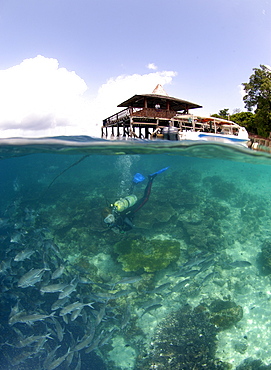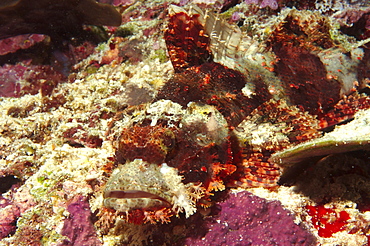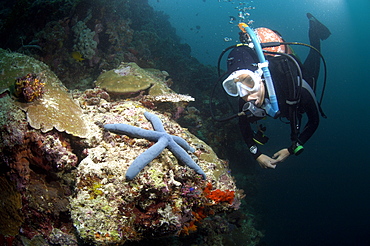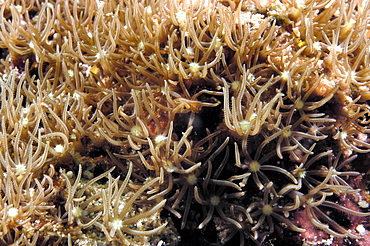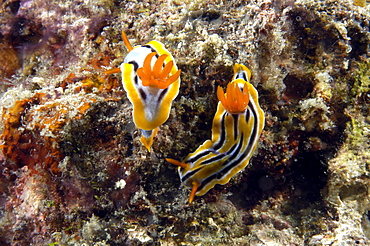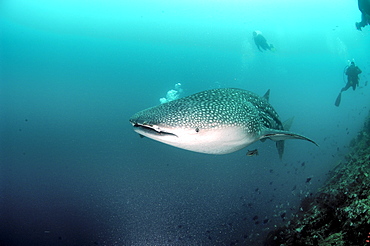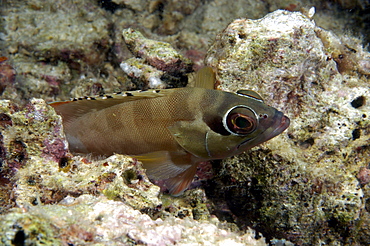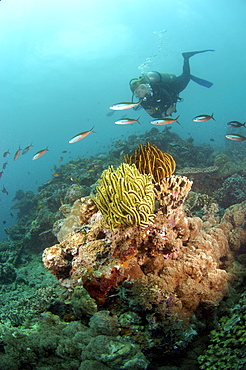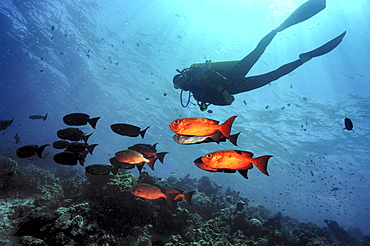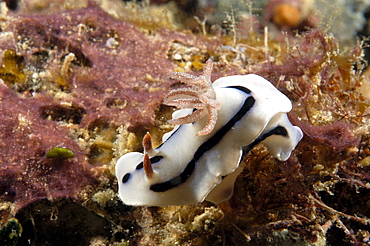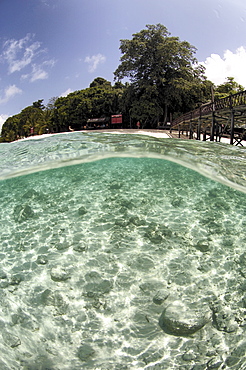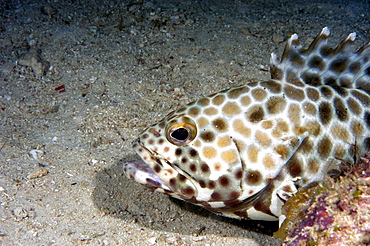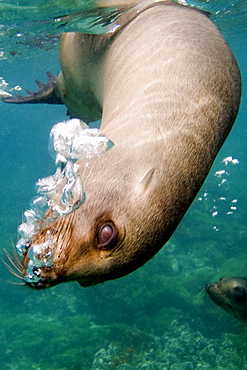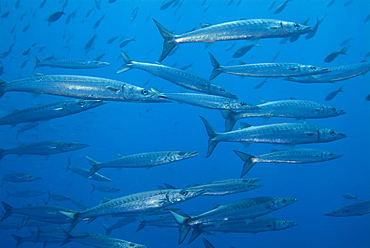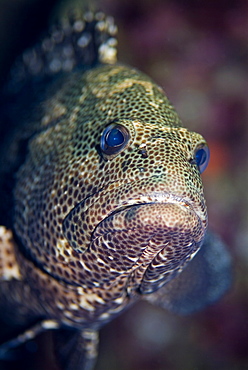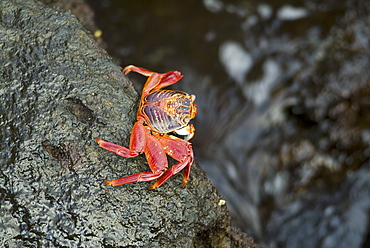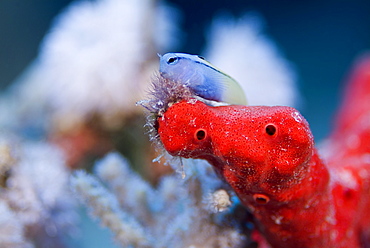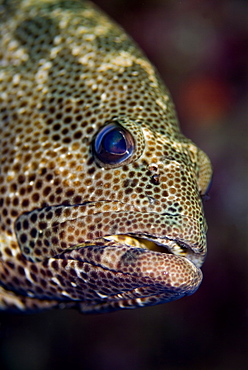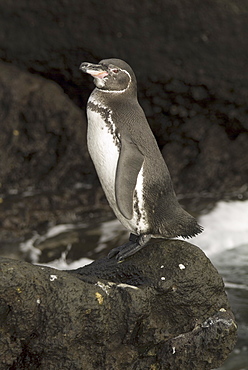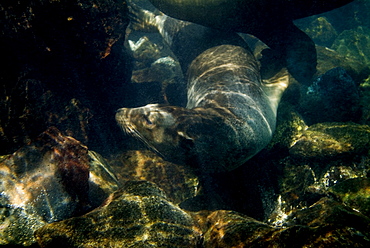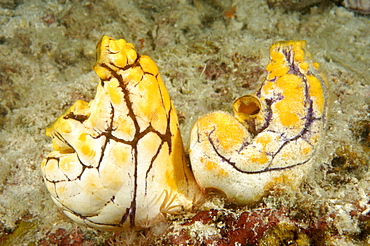Results
« Previous 1 … 24 25 26 27 28 Next »
2785 results found
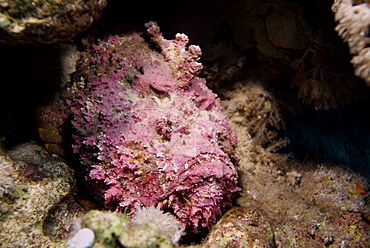
Stonefish (Synaceia verrucosa) said to be the world's most venomous fish. Found in many colours according to habitat. Probably also the worlds most adaptable camouflage system for a fish. Red Sea.
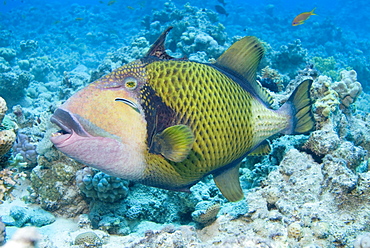
Titan Triggerfish (Balistoides viridescens) The largest of the triggerfish family and often aggressive when approached especially whilst nesting. Red Sea.
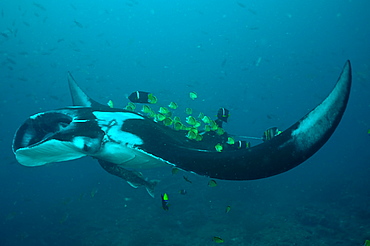
Manta Birstris showing cleaning station activity. Observations part of porject elasmo, conservation project in Ecuador.

Stonefish (Synaceia verrucosa ) said to be the worldÌs most venomous fish. Found in many colours according to habitat. Probably also the worlds most adaptable camouflage system for a fish. Red Sea.

Research diver approaching manta birostris to record detail in research program, Project Elasmo. Pacific Ocean, Ecuador
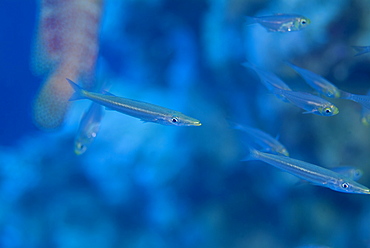
Juvenile Barracuda (Sphyraena Sp.). Found amongst a dense school of Yellow Sweeper making use of the protection of a Redmouth Grouper, until their increasing size gave away their camouflage. Red Sea.

Giant manta ray, Isla de la Plata Ecuador. Portrait shot of Manta birostris approaching camera. Pacific Ocean, Ecuador
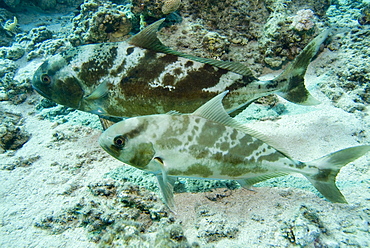
Blackbanded Jack (Seriolina nigrofasciata) the same individuals as in 8350, showing their ability to blend skin colour changes for camouflage purpose. Red Sea.

Redmouth Grouper Ò Aethaloperca rogaa Ò So named because of its bright red inside mouth. Can often be found living amongst colonies of Yellow Sweeper (Parapriacanthus ransonneti) which it vigorously protects from attack by passing jacks, in return for feeding from the same glassfish colony.
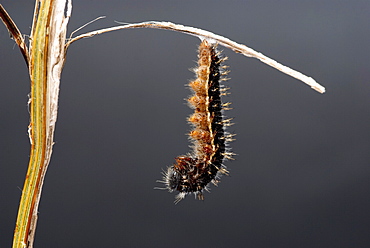
Painted lady caterpillar shortly before changing to chrysalis. It hangs itself upside down in this hooked position for around 24 hours. It continues to move throughout the 24 hours in gentle changes of position. . Isle of White, UK. Isle of White, UK
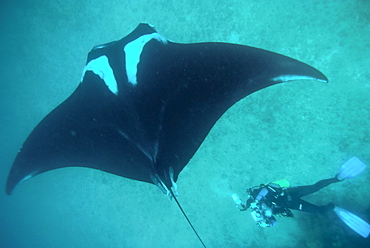
Research diver approaching manta birostris to record detail in research program, Project Elasmo. Pacific Ocean, Ecuador
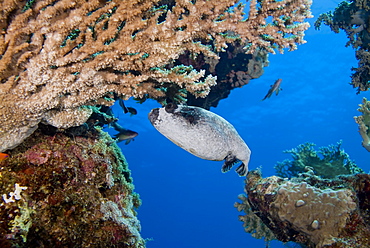
Masked Pufferfish (Arothron diadematus). Usually solo, seen here feeding on Acropora Sp. coral. Seen in large groups only during the breeding season. Found only in the Red Sea. Red Sea.

Redmouth Grouper (Aethaloperca rogaa). So named because of its bright red inside mouth. Can often be found living amongst colonies of Yellow Sweeper (Parapriacanthus ransonneti) which it vigorously protects from attack by passing jacks, in return for feeding from the same glassfish colony. Red Sea.
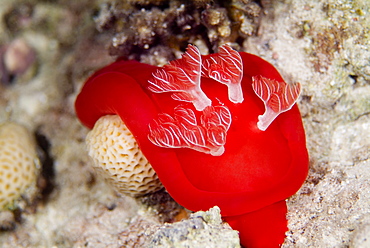
Spanish Dancer (Hexabranchus sanguineus) Spectacular and largest of the nudibranchs (naked gills) and are reported to reach up to 50 cms in length. Nocturnal. Red Sea.
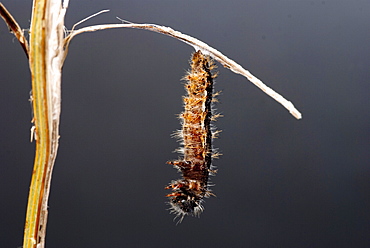
As the time to change gets nearer, the caterpillar begins to move more and more, sometimes shaking vigorously. The skin begins to split and the caterpillar sheds its skin in a concertina motion. . Isle of White, UK. Isle of White, UK
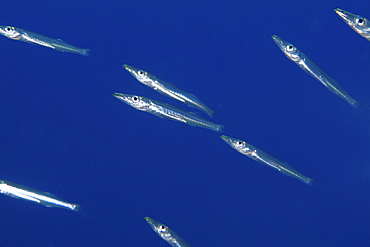
Juvenile Barracuda (Sphyraena Sp. ). Found amongst a dense school of Yellow Sweeper making use of the protection of a Redmouth Grouper, until their increasing size gave away their camouflage.Red Sea.

Coral Grouper (Cephalopholis miniata) being cleaned by a BruunÃs Cleaning Partner Shrimp (Urocaridella aontonbruunii) this incredible gaping action allows the shrimp uninhibited access to the mouth and gills.Red Sea.
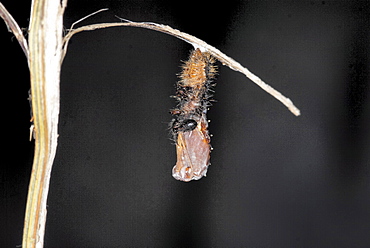
As the time to change gets nearer, the caterpillar begins to move more and more, sometimes shaking vigorously. The skin begins to split and the caterpillar sheds its skin in a concertina motion. . Isle of White, UK. Isle of White, UK
